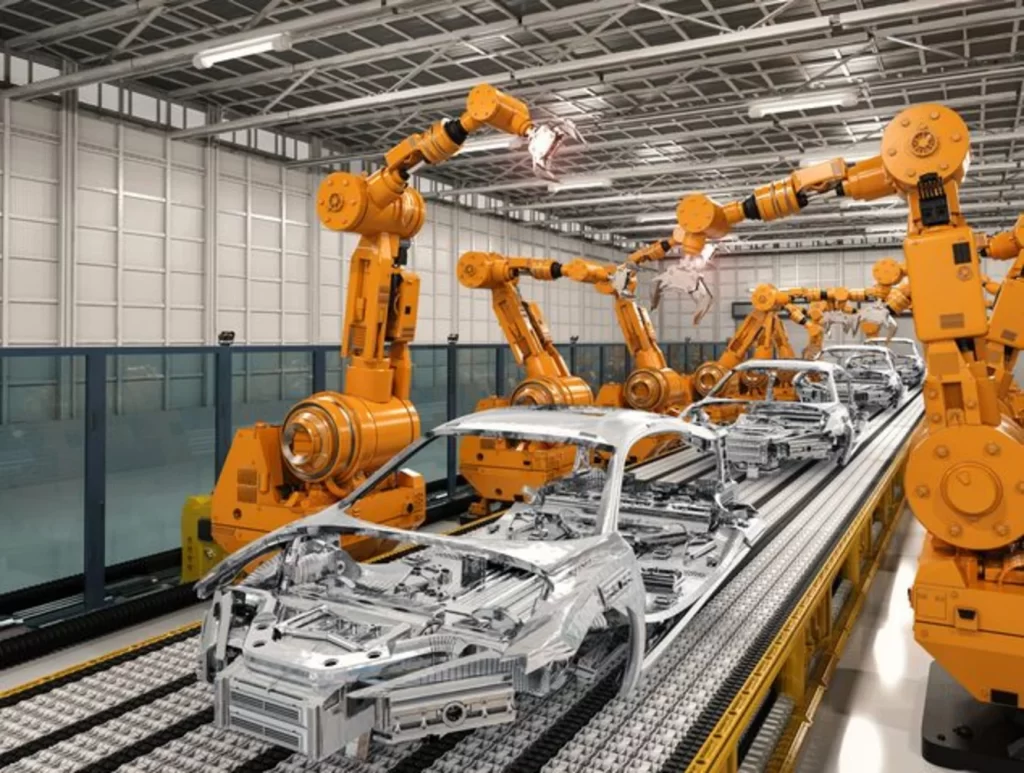Top 5 Sustainable Materials Used in Car Manufacturing

Car manufacturers utilize numerous eco-friendly materials in their vehicles, which come from renewable resources and help minimize carbon emissions and energy costs.
BMW uses natural plant fiber known as kenaf to craft its upholstery while other brands are exploring using chitin from crustacean shells as an alternative material.
1. Recycled Metals
Recycled metals are among the most sought-after materials used in car production. Aluminum, steel, and copper all play an essential part in recycling automobile production to minimize waste while protecting the environment and conserving natural resources.
Recycled metals can be melted and reformed without diminishing in quality over time, while at the same time being extremely energy efficient, requiring far less energy than producing new metals from raw ore.
Mine and process metals into finished products such as soda cans or cars require considerable electricity usage. Utilizing recycled metals instead of virgin ones can save up to 95% in energy consumption, not only cutting down production costs but also decreasing greenhouse gas emissions.
2. Biodegradable Plastics
Bio-based polymers offer an eco-friendly alternative to petroleum-derived plastics and require less energy for manufacturing. Furthermore, their lighter construction makes production simpler.
Some of these materials are employed by car manufacturers to replace metals used for door handles and bumpers in vehicle components like door handles and bumpers, while others are utilized by eco-friendly cars as upholstery or floor mats.
Audi’s e-tron features econyl, which is comprised of recycled nylon fibres from production waste and old fishing nets, to replace traditional leather in several areas of its vehicle. Audi states that this material can rival its strength.
Other automakers are turning to eco-friendly fabrics like hemp, flax and kenaf for interior components in vehicles – fabrics which can be composted after their service life is up, thus cutting carbon emissions at vehicle end of lifecycle.
3. Reclaimed Wood
Reusing materials in car manufacturing reduces the need for raw material extraction while simultaneously minimizing waste and carbon emissions. Auto manufacturers have taken note and are turning increasingly towards eco-friendly car options with recycled content in their production lines.
Lexus uses bamboo veneers, while Fisker uses recycled European walnut wood from fence posts; Chrysler even employs salvaged timber from trees burned during California fires as trim material in their vehicles.
Automakers have also turned to natural fibers as an eco-friendly alternative to leather for use in vehicles. Natural fibers absorb CO2, release oxygen during growth, and offer superior strength-to-weight ratios, all while helping lower vehicle weight thus decreasing fuel consumption and emissions of greenhouse gases.
4. Plant-Based Leather
As car manufacturers prioritize environmental sustainability, they’re increasing their use of eco-friendly materials that not only lower carbon dioxide emissions but also conserve natural resources and lower energy consumption.
Automakers are exploring vegan leather as an alternative to conventional materials like leather. Luxury brands like Bentley have even integrated plant-based leather materials from mushrooms and cacti into their cars for use as leather alternatives.
MSTI remains at the forefront of industry developments thanks to their ongoing research on sustainable materials and manufacturing techniques. Additionally, their production processes are continually optimized so as to reduce impact.
Muskin, for instance, employs a parasitic mushroom to make faux leather that’s both lightweight and waterproof – an eco-friendly material as it doesn’t use animal skins or tanning chemicals to produce faux leather products.
5. Recycled Plastics
At least 12 million cars each year reach the end of their useful lives, but many can be saved from ending up in junkyards thanks to innovations in the plastics industry. Reusing parts with less weight, corrosion resistance, and reduced carbon emissions helps decrease vehicle carbon footprints.
Recycled plastics reduce waste and conserve natural resources, and can be formed into structural components like body panels or bumpers, while also serving as non-structural interior materials such as seat covers.
Yanfeng Automotive Interiors uses recyclable and artistically designed rattan middle parts from Indonesia as part of their doors for aesthetic reasons; using fast-growing, renewable material reduces carbon emissions compared to traditional woods.




